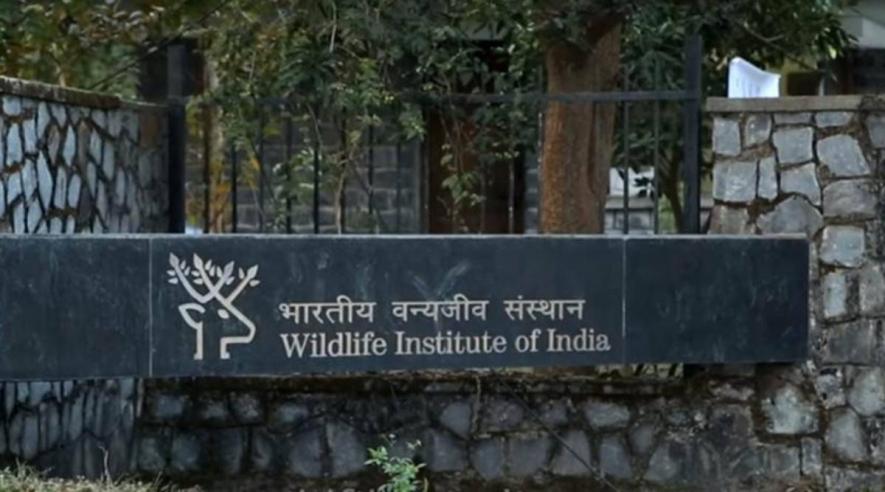Govt to Screen Wildlife Institute of India’s Reports, Raises Concern Over Research Independence

Image Courtesy: The Indian Express
In an unprecedented step, the Union environment ministry has asked the Wildlife Institute of India (WII) in Dehradun to seek the ministry’s approval before publishing any documents, The Wire Science reported.
The wildlife division of the Ministry of Environment, Forests and Climate Change on April 18 wrote a letter directing the WII to seek the ministry’s approval for documents and publications that had already been placed in the public domain, which amounts to retrospective scrutiny.
It will also mean that the autonomous body will have to run its scientific findings through the government before publicly publishing them. Most of WII’s reports and studies are available on public domain.
WII, a premier research institutions focused on wildlife conservation and environmental impact in the country, is under the wildlife division of the environment ministry and is funded by the ministry. However, the institute’s research work has so far been independent of the ministry’s interference as it is an autonomous body.
“All WII reports are joint reports with the ministry. So it came as a surprise to us as well,” said Y.V. Jhala, dean of the faculty of wildlife science at WII, to The Wire Science. He said what the ministry wanted was not clear.
Researchers and scientists both within and beyond the institute are concerned that the ministry’s move would undermine the integrity of WII’s academic and research, according to the report.
“WII is an institution under the ministry and follows the norms required [of] government institutions,” Jhala was quoted as saying in the report about the institute’s future course of action. He further informed that ministry officials had not yet spoken to him about the directive, nor has WII sought any further clarification.
The ecologist Madhav Gadgil, founder of the research forum Centre for Ecological Sciences, called the directive a part of a larger move to contain information, The Wire Science report said. Dubbing the move “improper and inappropriate,”, Gadgil accused the government of trying to suppress scientific research.
A former bureaucrat with working experience with the ministry on the condition of anonymity told The Wire Science that a WII report that embarrassed the government could have been the trigger for the latest move.
A plea filed in the Supreme Court on July 15, 2019, asked that the government protect the two near-extinct bird species -- the Great Indian Bastard (GIB) and the lesser florican -- found in Rajasthan and Gujarat.
The petitioners quoted WII’s ‘Power-line Mitigation Report’ published in 2018 in support of seeking directions to Rajasthan and Gujarat to not permit the installation of overhead power lines and disallow further construction of windmills and solar infrastructure in potential bird habitats, as identified by WII. The petition referred to the WII report, which stated that one lakh birds die every year because of collision with power lines, The Wire Science reported.
Interestingly, the Union environment ministry itself runs special conservation programmes to protect the GIBs in what remains of their unique habitat.
However, the GIB and lesser florican habitats in the two states also intersects with the interest area of booming wind and solar power producers in India, the report said.
A separate case filed with the National Green Tribunal (NGT) in April 2019 also quoted the 2018 WII report. The NGT ordered the environment ministry to submit a factual report regarding bird deaths die to overhead power lines. This report was commissioned to the WII itself by the ministry and was submitted to the NGT. Then, on December 23, 2020, the NGT directed the installation of diverters on existing power lines and to move new power lines underground, and disposed of the case, according to the Wire Science report.
Get the latest reports & analysis with people's perspective on Protests, movements & deep analytical videos, discussions of the current affairs in your Telegram app. Subscribe to NewsClick's Telegram channel & get Real-Time updates on stories, as they get published on our website.























